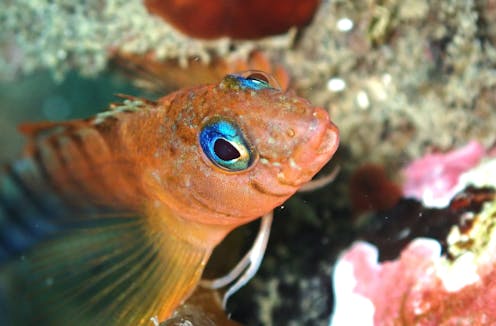
Lives are at risk due to ceasing research on diseases that in addition to COVID-19 have a major impact on public health warn scientists.
“It is hoped that this cessation is temporary,” says Professor Michael Good AO from the Institute for Glycomics.
“Scientists across the globe have mobilised to combat COVID-19, yet for those others who could not redirect their efforts, research came to a standstill.”
Professor Good and Professor Stephanie Yanow from the University of Alberta co-authored a paper published this week in The American Journal of Tropical Medicine and Hygiene.
“Research on COVID-19 is considered essential and rightly so, but we ask how research on other diseases was deemed ‘non-essential,” Professor Good said.
The authors argue that while other diseases which don’t share the same obvious urgency as COVID-19, they still take a huge toll on human life.
“For example, malaria infects over 200 million people and takes the lives of nearly half a million people, mostly young children, each year.
“During laboratory closures and without clinical studies, there will be no progress toward treating and preventing malaria, no progress toward new drugs, vaccines, or diagnostics.”
Professor Good said governments and academia must allow scientists to resume their work, considering all research essential.
“If we assume that health and medical research are essential to reduce mobidity and mortality, then every month that research is delayed will ultimately lead to increased suffering.”
The authors argue that the impact of COVID-19 will also be felt by the next generation of young scientists.
“Many students and fellows were caught off-guard by the sudden laboratory closures and ill-prepared to stop experiments on a few days’ notice.
“Trainees give their blood, sweat and tears to their research projects and now feel uncertain about their productivity, completing their degrees and building their careers.”
Professor Good said with no end in sight, there will be many missed opportunities for international students.
“This will be especially damaging to students from lower resource countries who perhaps stand to gain the most from international experiences. The global scientific community will pay a heavy price in untapped research potential.”








